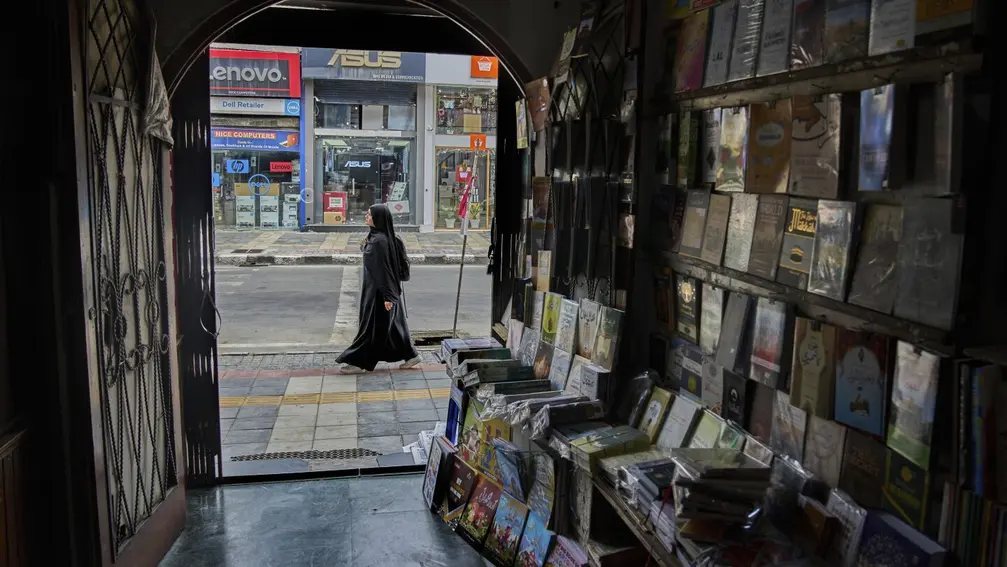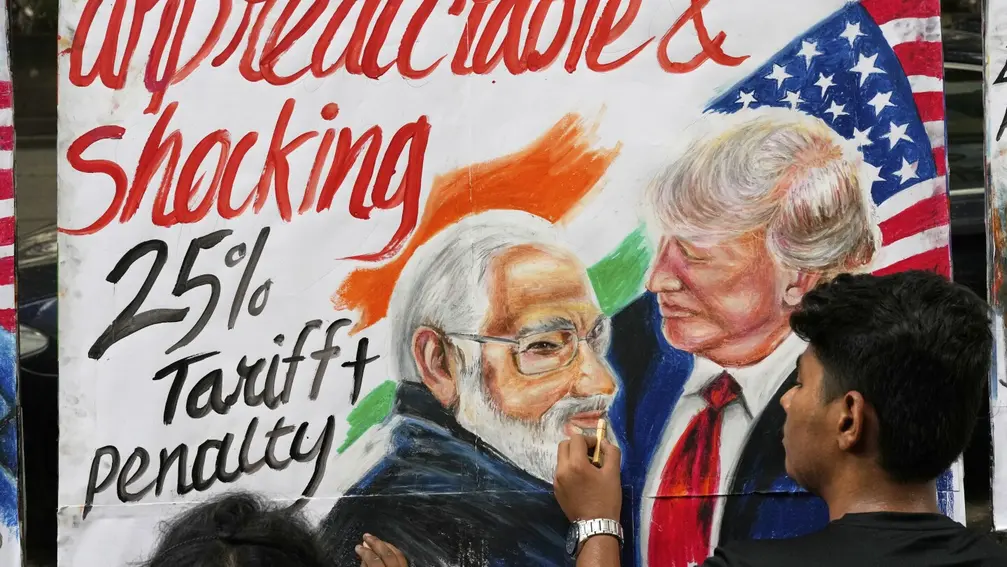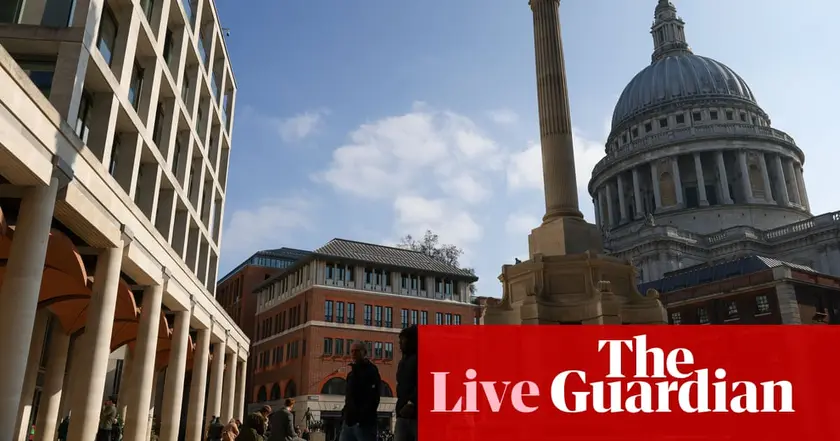T4K3.news
Indian authorities ban 25 books in Kashmir
The ban targets literature they allege promotes secessionism and false narratives.

Indian officials announced a ban on 25 books, claiming they encourage false narratives and secessionism.
Indian authorities impose ban on 25 books in Kashmir
Srinagar, India has seen a significant step taken by authorities as they announced the banning of 25 books they allege support false narratives and secessionism in the region. This action follows increasing restrictions on media and discourse in Kashmir since the Indian government revoked its special status in 2019. Among the banned works are titles from prominent writers such as Arundhati Roy and constitutional expert A.G. Noorani. The decision, issued by the Home Department, threatens those who sell or own the listed books with prison time. The government argues that these works incite violence against the Indian State and promote terrorism. Despite claims of credible intelligence behind the ban, the immediate impact saw police raiding bookstores and confiscating materials, though further details on those seizures remain vague.
Key Takeaways
"I have worked on Kashmir... to identify pathways to peace."
Sumantra Bose, one of the banned authors, emphasizes his dedication to peace in Kashmir.
"Banning books by scholars will not erase historical facts."
Mirwaiz Umar Farooq criticizes the ban, urging acknowledgment of Kashmir's history.
The book ban highlights the ongoing tension between government control and freedom of expression in Kashmir. The move can be seen as part of a broader agenda to suppress dissent and limit access to literature that offers alternative perspectives on the region's history. Critics argue that this approach not only undermines intellectual discourse but also raises questions about India's commitment to democratic values. As voiced by litigious critics like Mirwaiz Umar Farooq, the authorities' actions contradict their public image of promoting literature. The implications for Kashmir's cultural identity and historical narrative could be profound, as are the potential risks for those seeking to challenge official narratives.
Highlights
- The ban will not erase the lived memories of Kashmiris.
- Banning books reflects insecurities in authority.
- Censoring history will not change the truth.
- This action threatens the future of democratic discourse.
Government crackdown on dissent raises concerns
The ban on these books signals increasing restrictions on freedom of expression in Kashmir. This could lead to fear among scholars and writers, and violate principles of free speech.
The unfolding situation in Kashmir raises significant questions about the future of freedom of expression in the region.
Enjoyed this? Let your friends know!
Related News

Rising tensions between India and US over trade issues

Sarah Ferguson makes bold fashion statement after explosive allegations

Pastor Doug Wilson opens new church in Washington

FTSE 100 share index reaches 9,000 points

Canadians Propose to Ban PornHub Amid Trade War

Trump tariffs on Brazil threaten orange juice prices

Merseyside jails 66 criminals in July

Bonnie Blue banned from Australia for Schoolies plans
